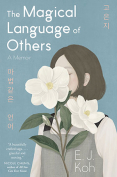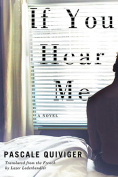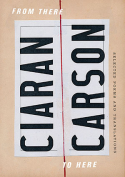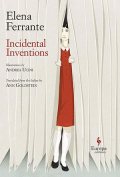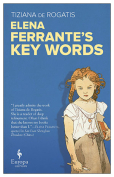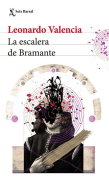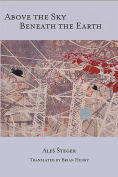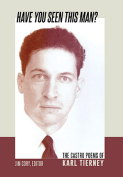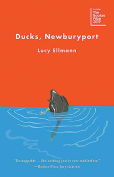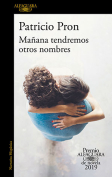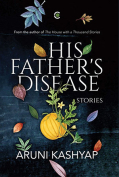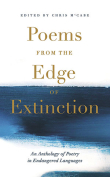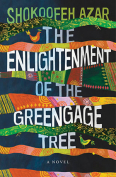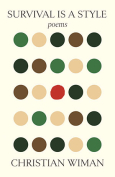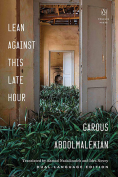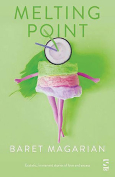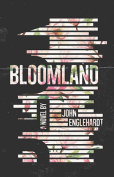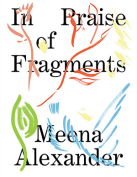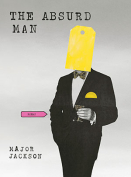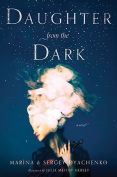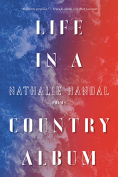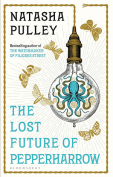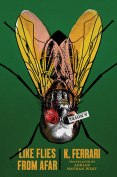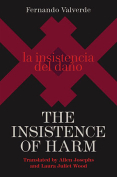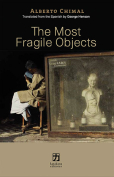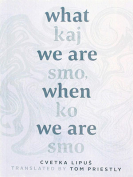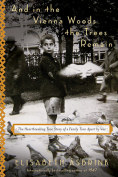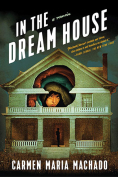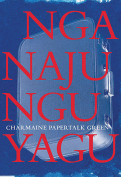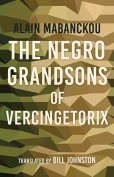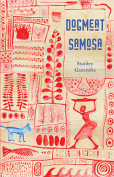Indigo by Ellen Bass
 Port Townsend, Washington. Copper Canyon Press. 2020. 64 pages.
Port Townsend, Washington. Copper Canyon Press. 2020. 64 pages.
One morning last spring, the soil was thick with record-breaking rainfall. The rain itself had stopped hours before, but the ground was so waterlogged that the sound of water was everywhere; tiny underground streams clicking through mud, roots begging them further downward. My ear lowered to the earth, the auditory landscape shrunk to one square foot of dirt, and I forgot my always chattering brain; its major and minor interior obsessions. There was instead the sound of water moving through willing earth. It was not a sound I’d ever noticed before; mercifully, it had very little to do with me.
The poetry of Ellen Bass, if there’s a way to capture such expansive, startling, and honest work, is like that: something as primary as water suddenly sounding its newest blessing because you chose to pay attention; were, for a moment, willing to hear it on its own terms.
In her newest collection, Indigo, Bass is just as inclined to spend her attention with the impossibly small sounds of water as she is with less romantic subjects (see: “Ode to Pork Chop,” “Taking My Old Dog out to Pee before Bed,” and “Gopher,” an extended description of the act of murdering a gopher) and manages each time to leave the reader with a sense of unrepentant sincerity. Some of this has to do with the deceptively simple language Bass employs, inviting the reader into a space that feels comfortable only to be regularly ambushed by the power of deep craft. But it also owes greatly to the illuminating power of self-reckoning. By closely examining her own perceived failures, she makes room for a more complicated humanity, smothering shame with a steady and unwavering eye: “Everything you do will cause harm, so I start forgiving myself now.”
Many of the poems are linked by their proximity to tragedy—her wife’s illness, her mother’s death, her ex-husband’s failings—but they are always more than elegies or lamentations. In “I Could Touch It,” the relationships of mother and son, illness and love, dependency and happiness, all accumulate and gather inside the space of one bathroom in which Bass watches her son brush his teeth “with his new love.” Having admitted to needing her son as she navigates her wife’s illness, Bass releases one of the most beautiful metaphors of the entire book: a sensory translation of the unavoidable harm we cause those we love most: “As sage gives its scent when you crush it. As stone / is hard. They were happy and I could touch it.”
Even as it treads through deeply difficult subject matter, the book manages to be celebratory, extravagant, and often erotic; a matrix of intense noticing that makes it possible to understand how we live through and past all the difficulties of our lives. “Oh, blame life. That we just want more.” Or, Bass seems to say, blame the unrestrained blooming of fungus; the grizzly whose “shitting ferries the seeds”; the always separate and unknowable depths of a lover.
Bailey Hoffner
University of Oklahoma
